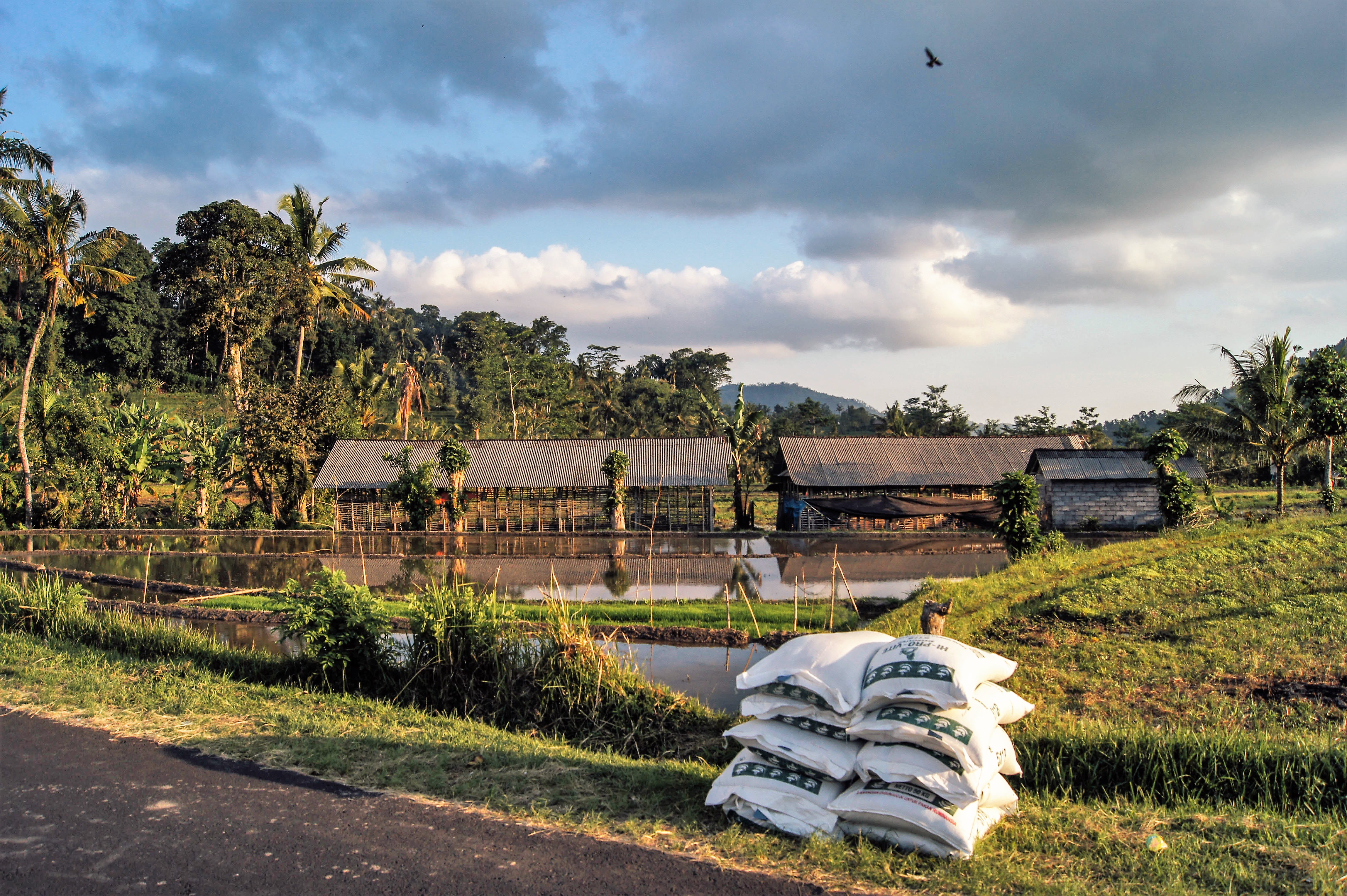World Bank Conference Discusses Role of Land Tenure in Sustainable Development
STORY HIGHLIGHTS
- The World Bank Land and Poverty Conference 2017 convened under the theme, ‘Responsible Land Governance—Towards an Evidence-Based Approach,’ from 20-24 March in Washington DC, US.
- The event addressed, among other issues, the role of land rights for poverty reduction and sustainable development.
- Participants highlighted the fundamental importance of secure land tenure for sustainable communities, agriculture, infrastructure, resilience and equal rights of disadvantaged groups.
24 March 2017: At the Land and Poverty Conference 2017, scientists, policy makers and representatives of civil society discussed the role of land rights for poverty reduction and sustainable development, as well as the potential of reforms, interventions and innovations in the land sector to improve land tenure.
Participants agreed that secure land tenure is fundamental to building sustainable communities, cities and countries, and is particularly important for agriculture, infrastructure, resilience, and equal rights of women, indigenous peoples, minorities and vulnerable groups.
During the five-day event organized by the World Bank, which convened under the theme ‘Responsible Land Governance—Towards an Evidence-Based Approach,’ participants discussed research and policy practice of land governance under six themes, three of which focused on issues relating to Sustainable Development Goal (SDG) implementation: land and urbanization; land for infrastructure, investment and disaster risk reduction (DRR); and securing land rights for equity, sustainability and resilience.
“World Bank Senior Director for Social, Urban, Rural and Resilience Global Practice Ede Ijjasz-Vasquez underlined that “authorities need accurate spatial information to plan roads, public services and infrastructure while creating jobs.”
 The conference highlighted, among other issues, that in most countries, a majority of the population still lacks legally-registered title to their land. Land reform can therefore be an important driver for investment, growth and shared prosperity, as well as social inclusion of disadvantaged groups, which can include indigenous peoples. Speaking at the conference, World Bank Senior Director for Social, Urban, Rural and Resilience Global Practice Ede Ijjasz-Vasquez underlined that “authorities need accurate spatial information to plan roads, public services and infrastructure while creating jobs.”
The conference highlighted, among other issues, that in most countries, a majority of the population still lacks legally-registered title to their land. Land reform can therefore be an important driver for investment, growth and shared prosperity, as well as social inclusion of disadvantaged groups, which can include indigenous peoples. Speaking at the conference, World Bank Senior Director for Social, Urban, Rural and Resilience Global Practice Ede Ijjasz-Vasquez underlined that “authorities need accurate spatial information to plan roads, public services and infrastructure while creating jobs.”
Panels at the conference also addressed current projects, including, for example, a real estate and cadastre registration project in the Republic of Macedonia, which led to an almost ten-fold increase in mortgage values; and a project in Nicaragua that registered ancestral indigenous land titles and led to better recognition of indigenous peoples’ rights.
The Land and Poverty Conference 2017 was held from 20-24 March 2017, in Washington DC, US, at the World Bank headquarters. It was attended by more than 1,200 participants, making it one of the largest global events on land governance.
Author: Stefan Jungcurt, PH.D., Thematic Expert on Biodiversity (Germany)
Published: 30 March 2017
Source: http://sdg.iisd.org/news/world-bank-conference-discusses-role-of-land-tenure-in-sustainable-development/

